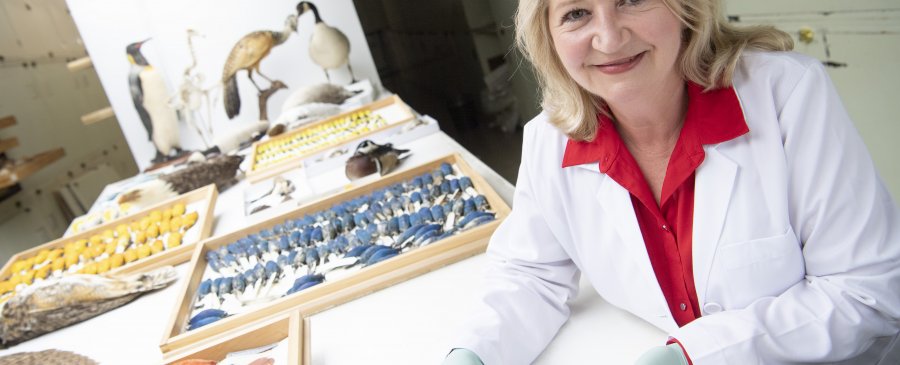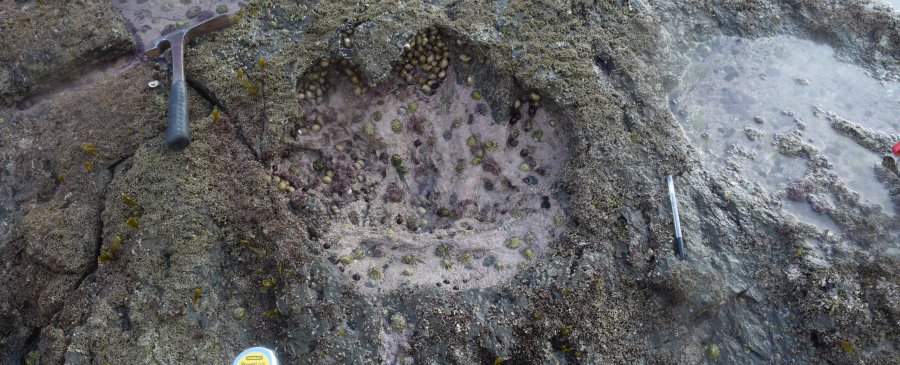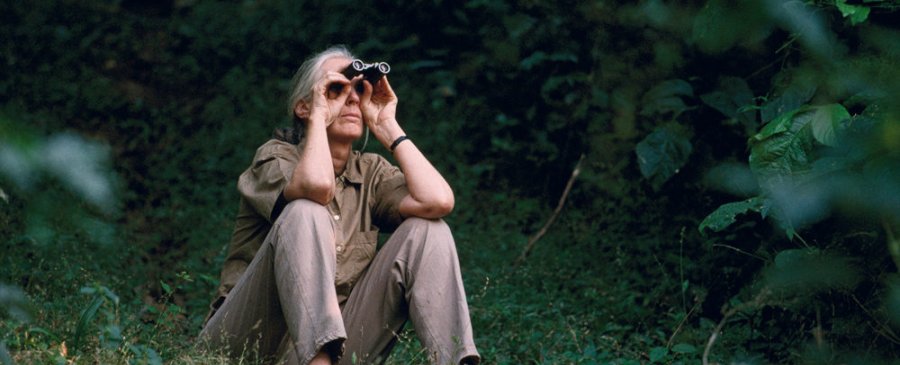Mountains in the mist
The Isle of Skye is a 50-mile-long island in the Atlantic Ocean, just off the west coast of Scotland. It is famous for its dramatic scenery and wet weather. Its mountain ranges have names that wouldn’t look out of place in a Tolkein novel: Red Cuillin, Black Cuillin, Trotternish. It is a place where office workers come to de-stress and adventure seekers come to climb some of the most challenging mountains in Europe. Car manufacturers film new models of cars being expertly handled on Skye’s near empty winding roads. It is also an island where dinosaurs used to roam. Recently, there have been several discoveries of fossils in Skye from the Middle Jurassic period (174–164 millions of years ago). The Middle Jurassic period was an important time in the evolution of dinosaurs. It was when the first birds started to fly, meat eaters started to diversify, and long-necked sauropods (herbivores such as Brachiosaurus) started to get really big. Fossils from this period are rare, so now Skye has a new type of visitor: scientists.
 Skye has a lot of rain, even by British standards. Image: longtaildog/istock/Thinkstock
Skye has a lot of rain, even by British standards. Image: longtaildog/istock/Thinkstock


 One maharaja was reported to have killed 1,200 tigers. Image: National Museum of Asian Art, accession number S1990.73.
One maharaja was reported to have killed 1,200 tigers. Image: National Museum of Asian Art, accession number S1990.73.




 Skye has a lot of rain, even by British standards.
Skye has a lot of rain, even by British standards. 


